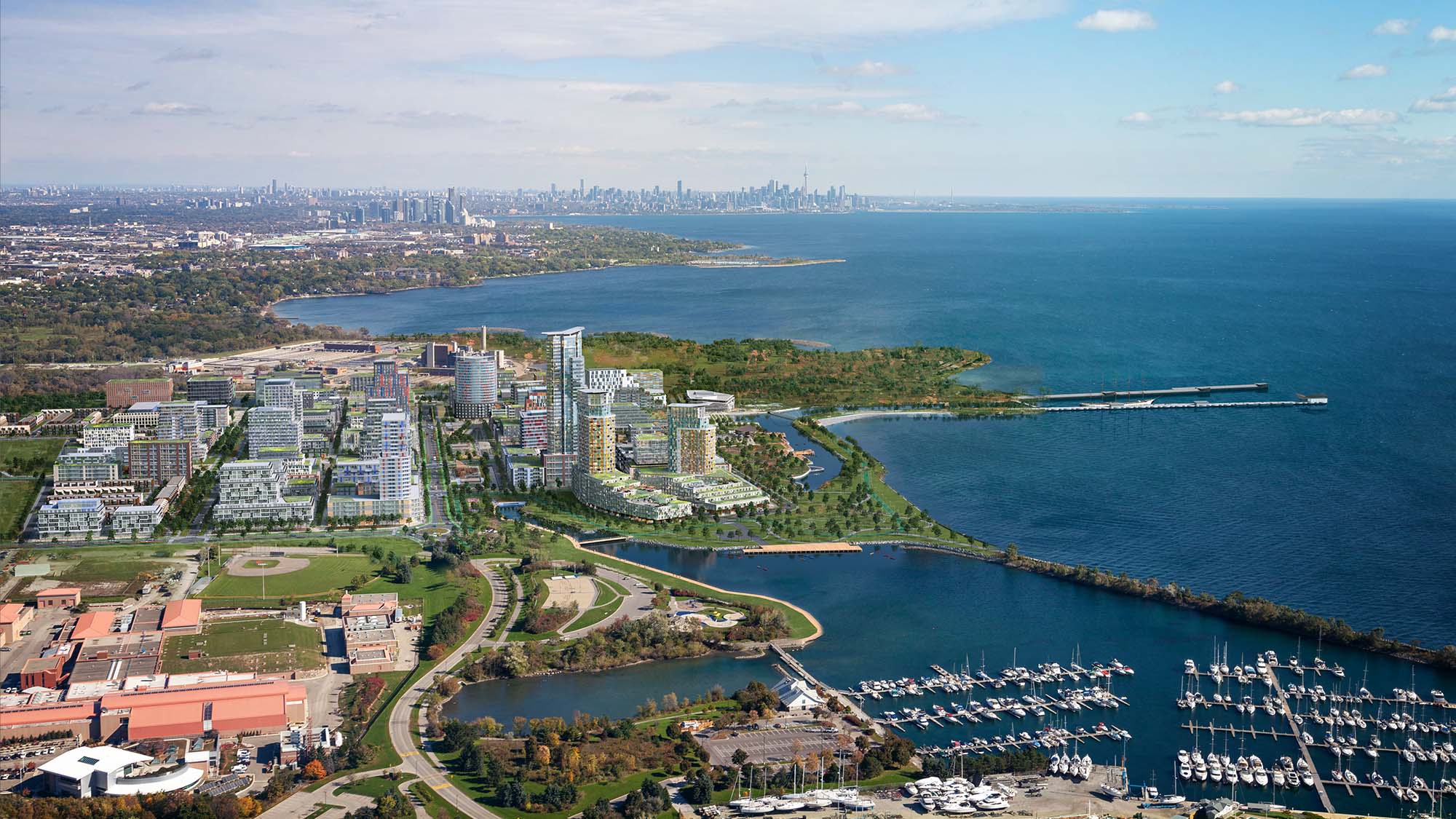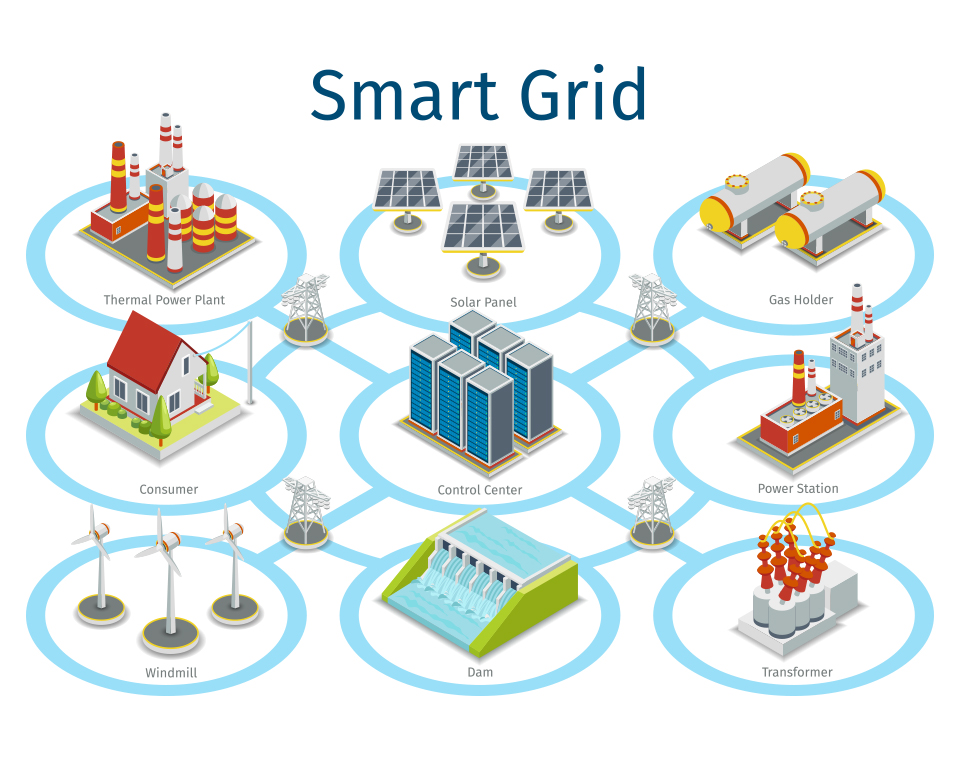
Decarbonization & Net-Zero
The Path to Net Zero
Decarbonization
Heating and cooling are essential to modern life. Unfortunately, this accounts for roughly 15% of global carbon emissions predominantly through fossil fuel-based energy production.
Decarbonization of this sector is critical if communities are to reach their net-zero or decarbonization goals.
District Energy Systems are not always carbon free. In fact, most modern DESs utilize some form of fossil fuel combustion to heat or cool their networks, either as a base fuel source, or for peaking/backup.
FVB and our partners believe in leveraging a DES’s ability to fuel switch at the energy centre(s); which allows entire communities to benefit from better, smarter fuels, without having to swap out any building equipment or disrupt core operations in any way. Imagine an entire community decarbonizing their energy systems overnight without having to change a single piece of customer equipment. Residents of Markham, Ontario are achieving this as Markham District Energy switches their base system fuel from natural gas to biomass and low carbon electricity. Similarly in Richmond, British Columbia, the growing City Centre District Energy Utility will soon benefit from decarbonized base energy utilizing sewer heat recovery. These are just two examples of the many systems that FVB is aiding to decarbonize existing operations.


Renewable Energy at Scale
District Energy Systems can ease the financial and logistical challenges with integrating some renewable energy technologies. This is primarily due to the establishment of a thermal grid which aggregates an entire communities heating and cooling demands. Since District Energy is technology-neutral, communities with a thermal grid can switch from their current sources of energy to make use of renewable technologies. This switch can be driven by financial motives, decarbonization goals, or fuel security and availability.
District Energy can leverage local resources that are inaccessible at a building level, such as nearby lakes/rivers for cooling, large parks for geo-exchange fields, municipal sewers for heat recovery, or large storage spaces for biomass installations.
Economies of scale and a utility business model allow more capital-intensive projects to become feasible, meaning greater overall Greenhouse Gas Emission reductions compared to an aggregate of efforts of individual buildings.
A larger base load over the entire system compared to one building allows for greater leverage of the renewable, low carbon, energy technology.
Image: Enwave Deep Lake Water Cooling
